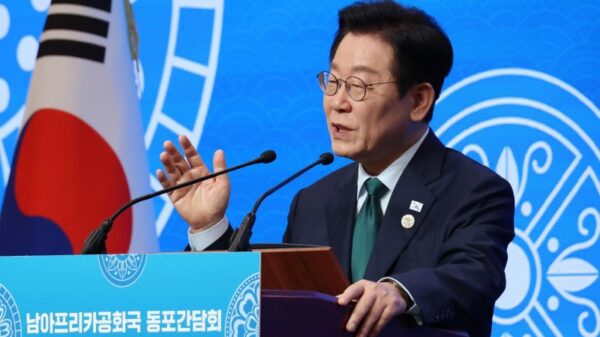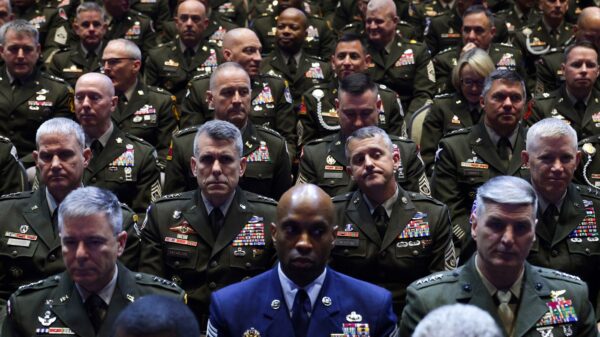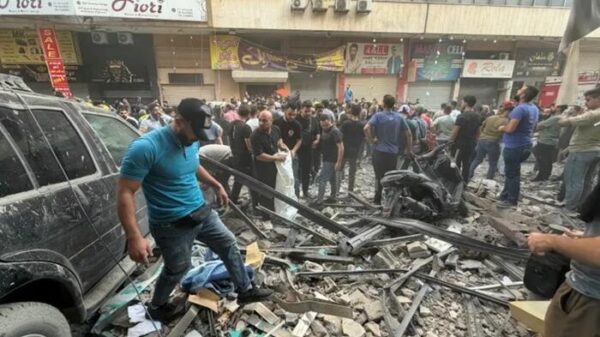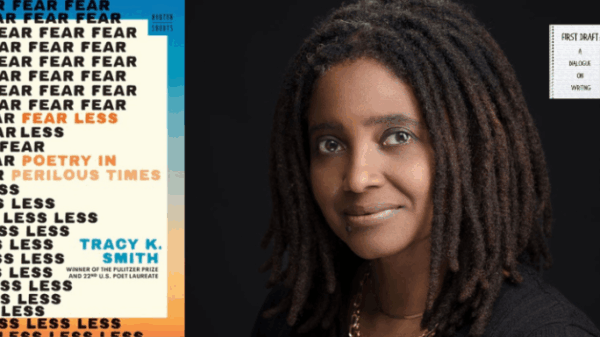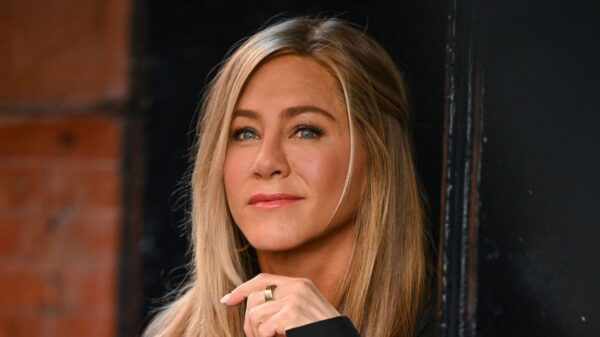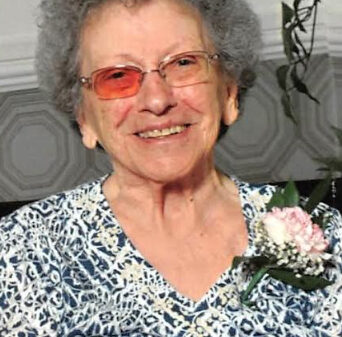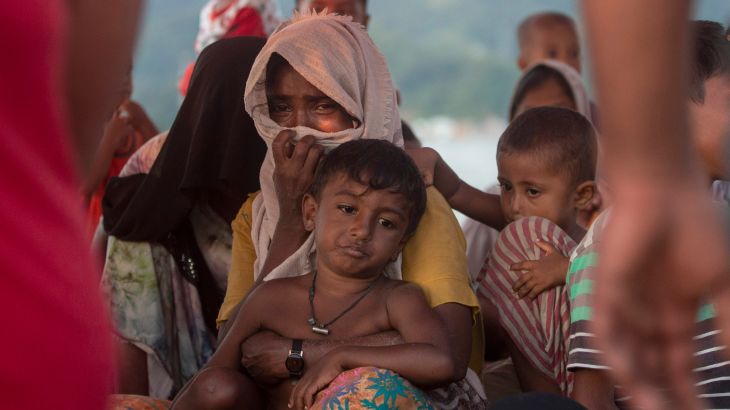UPDATE: Rohingya leaders urgently demand justice at the United Nations General Assembly (UNGA) as violence in Myanmar escalates, leaving communities in peril. During a pivotal session on Tuesday, September 26, 2023, members of the Rohingya community addressed global leaders, highlighting the dire situation for this persecuted Muslim minority.
Maung Sawyeddollah, founder of the Rohingya Student Network, delivered a powerful message via livestream from the UNGA hall in New York City. “Dear brothers and sisters, you are not forgotten,” he stated, calling attention to the ongoing suffering. “Where is justice for the Rohingya? Where?” he challenged, holding up a photograph depicting victims of a recent drone attack by Myanmar’s Arakan Army.
Wai Wai Nu, executive director of the Women’s Peace Network-Myanmar, echoed these sentiments, labeling the event a “historic moment” that must draw renewed focus to the Rohingya plight. “Humanitarian aid has been blocked from flowing to Rakhine State,” she emphasized, urging for immediate action to save the Rohingya still trapped in Myanmar.
In a stark acknowledgment of worsening conditions, Earle Courtenay Rattray, Chef de Cabinet for the UN Secretary-General, reported “massive aid cuts” exacerbating the crisis for over 1 million Rohingya refugees in Bangladesh. “In just the last 18 months, 150,000 Rohingya have fled to Bangladesh,” he revealed, stressing that the country, despite its generosity, is struggling to sustain aid.
Bangladesh’s Chief Adviser, Muhammad Yunus, warned that “as funding declines, the only peaceful option is to begin their repatriation.” He reiterated that the Rohingya have expressed their desire to return home but face significant obstacles.
“Eight years since the genocide began, the plight of the Rohingya continues,” Yunus lamented, pointing out that Bangladesh bears immense financial and social burdens due to the ongoing crisis. He called for targeted sanctions against Myanmar and all involved perpetrators, including the Arakan Army, to ensure the safety of the Rohingya.
As the assembly progressed, Charles Harder, U.S. Special Envoy for Best Future Generations, announced a commitment of over $60 million for Rohingya refugees, linking future assistance to Bangladesh’s implementation of meaningful labor rights for refugees. However, he warned, “This is not a burden the United States will bear indefinitely.”
About 50 UN member states participated, with minimal commitments made. The United Kingdom pledged $36 million in aid, but many countries refrained from announcing specific support measures, raising concerns about a lack of coordinated international response.
The Gambia’s Minister of Justice, Dawda Jallow, highlighted the upcoming oral hearing at the International Court of Justice (ICJ) scheduled for January 2026. His country has accused Myanmar of genocide against the Rohingya, seeking reparations for victims. “We filed our case in November 2019; now we are preparing for the oral hearing,” Jallow stated, emphasizing the urgency of accountability.
As the Rohingya community continues to face violence and humanitarian crises, their call for justice resonates strongly at the UNGA, signaling a critical moment for international engagement and action. The world watches closely as the plight of the Rohingya remains at the forefront of humanitarian discussions.
Moving forward, the need for a cohesive strategy among nations to address the root causes of this crisis has never been more pressing. As the situation develops, global leaders must act decisively to ensure justice and safety for the Rohingya.










